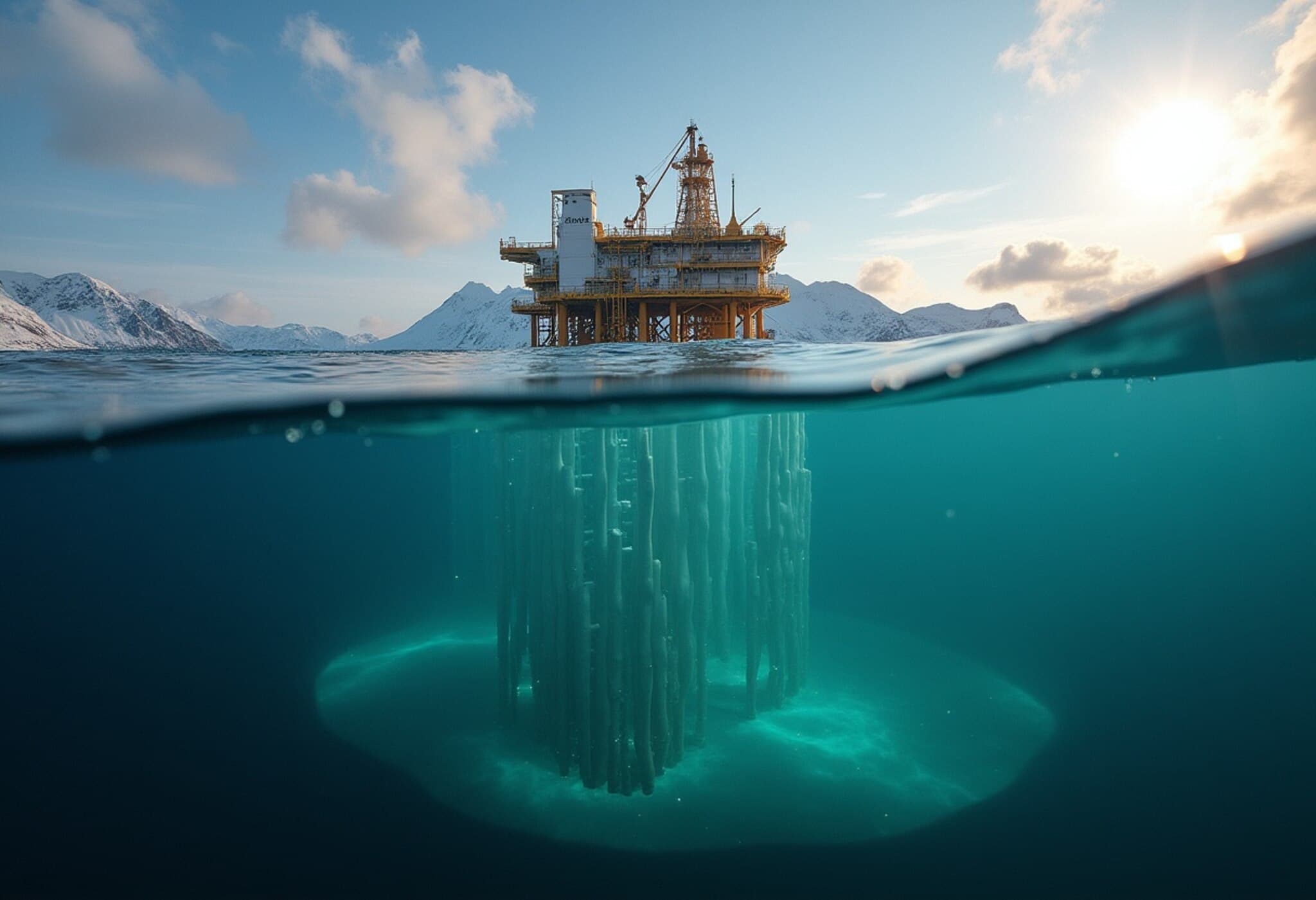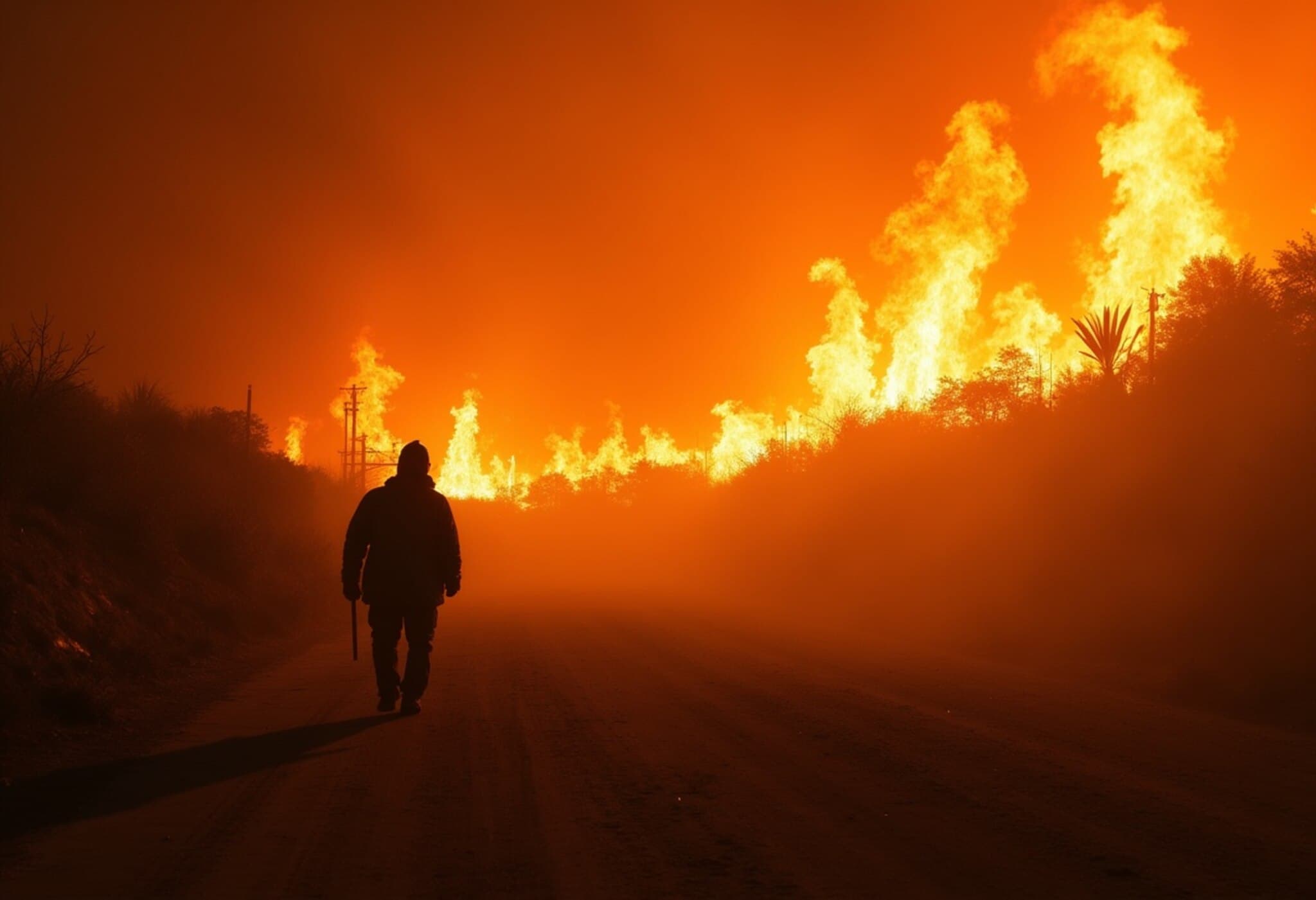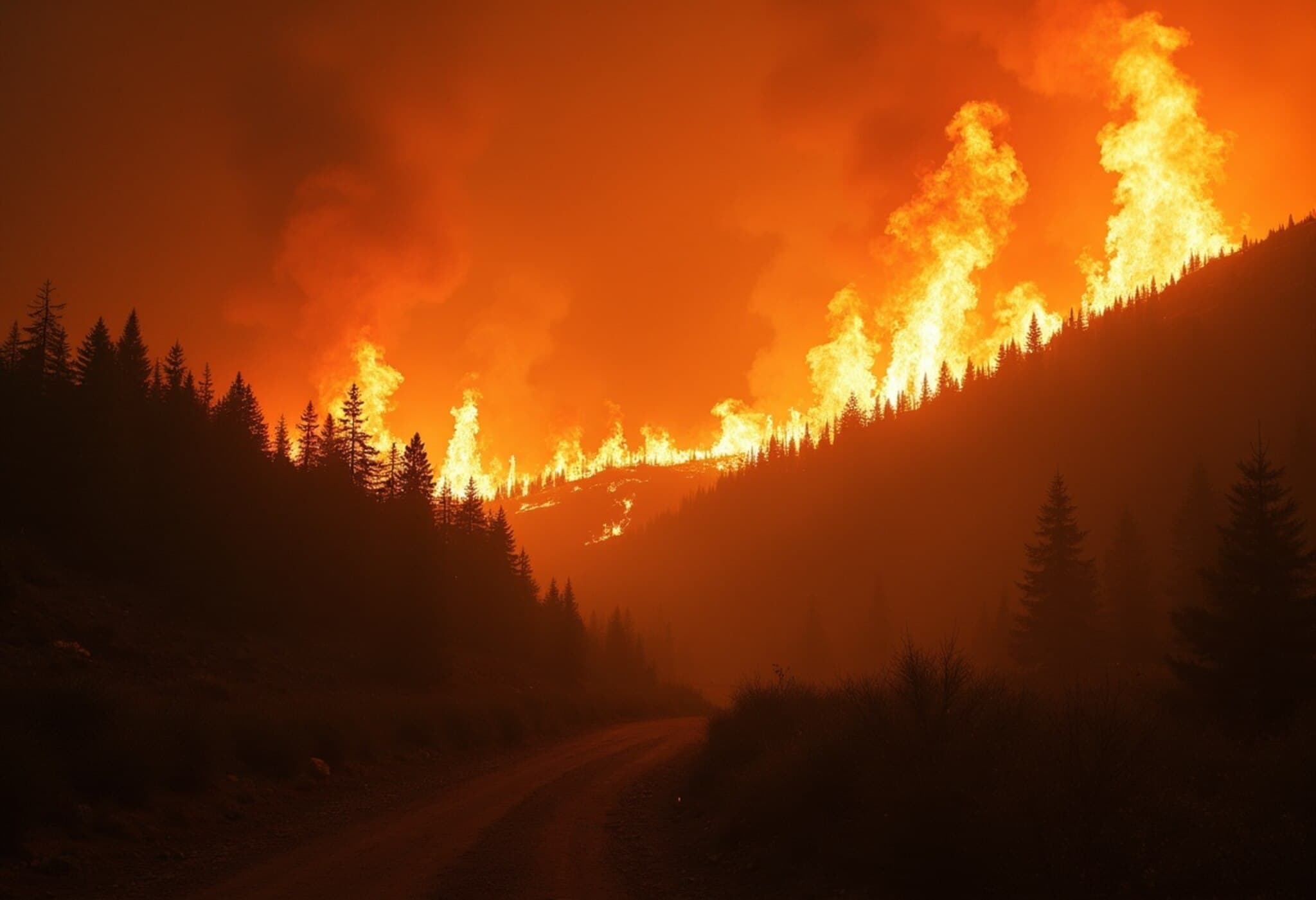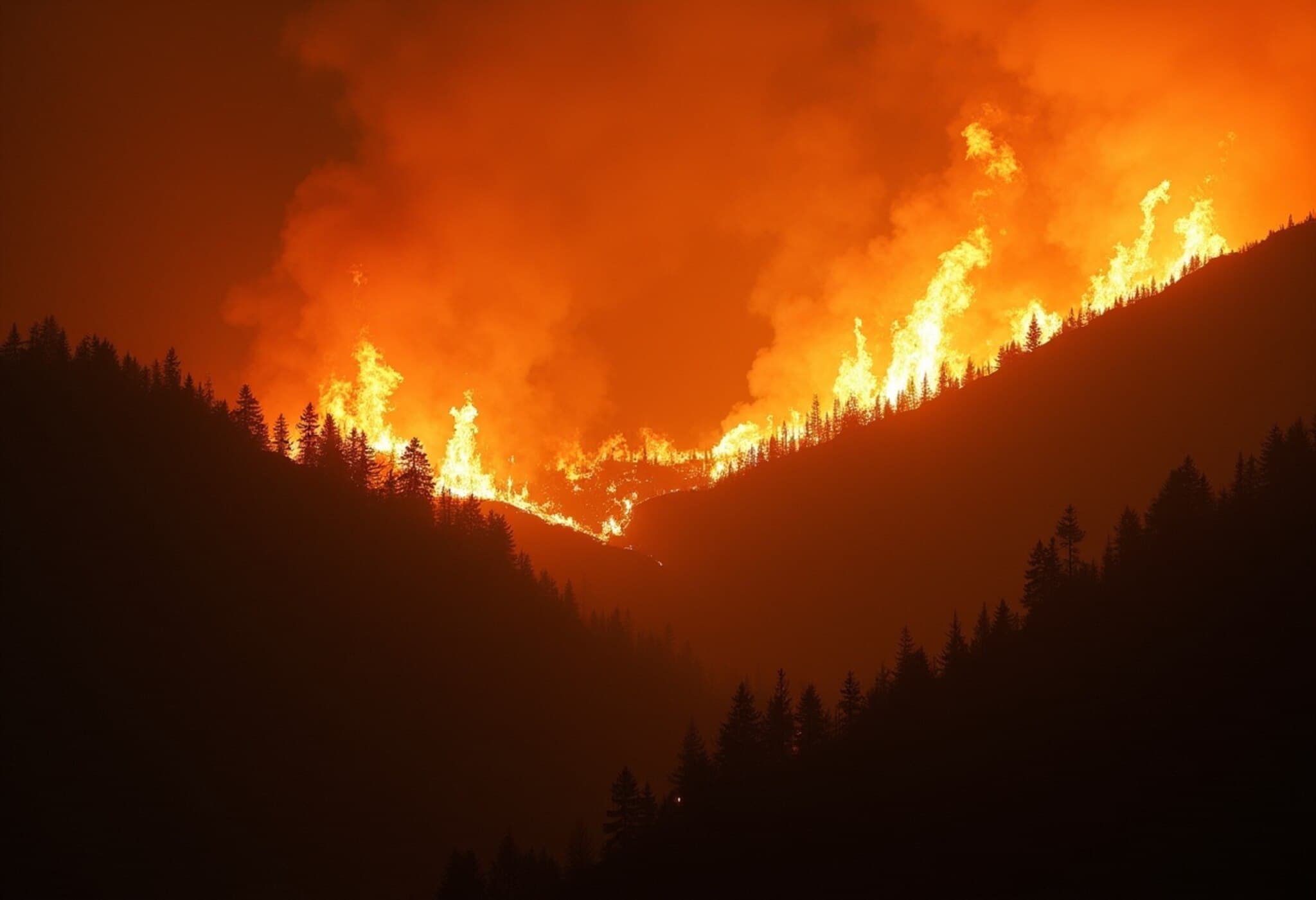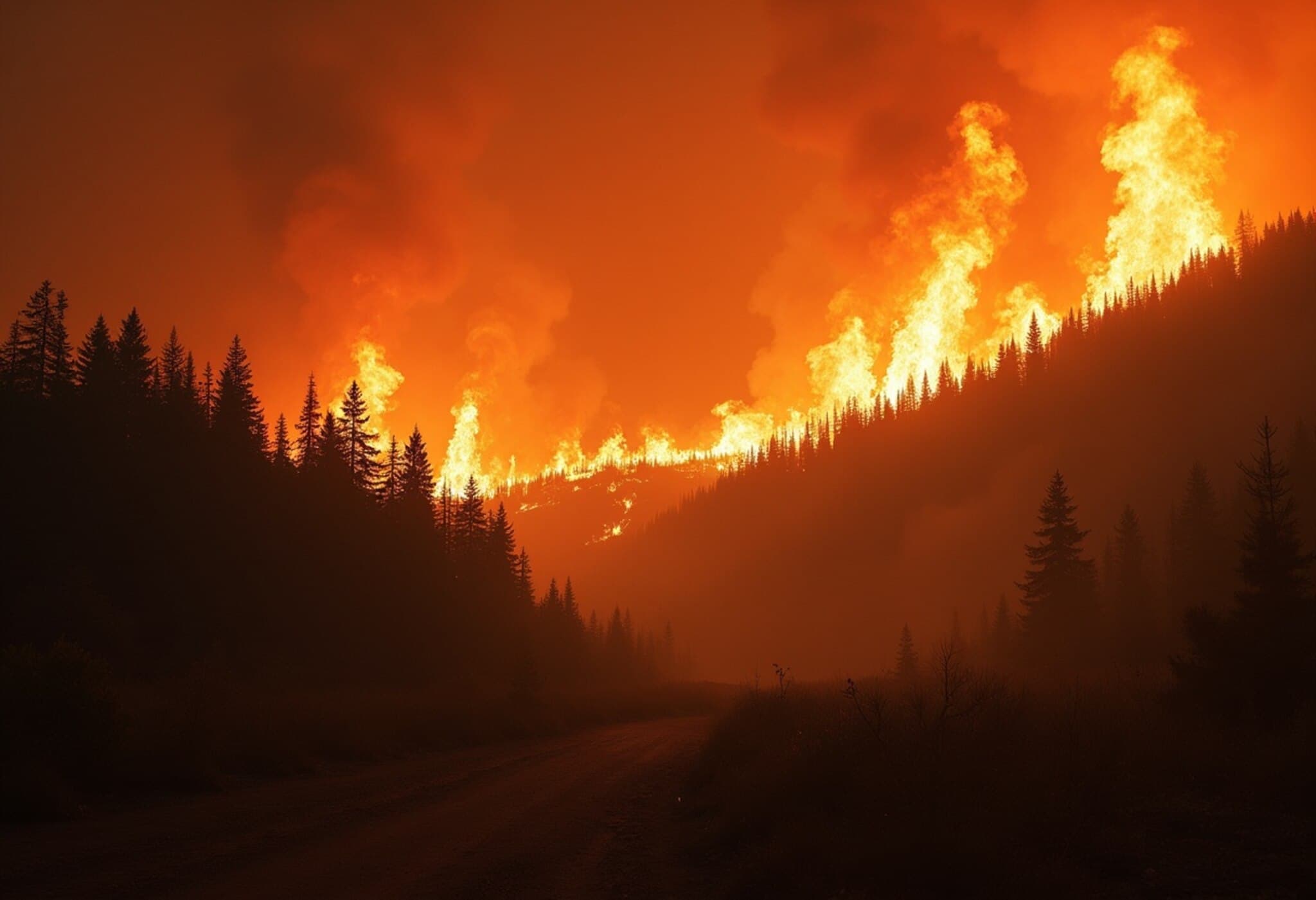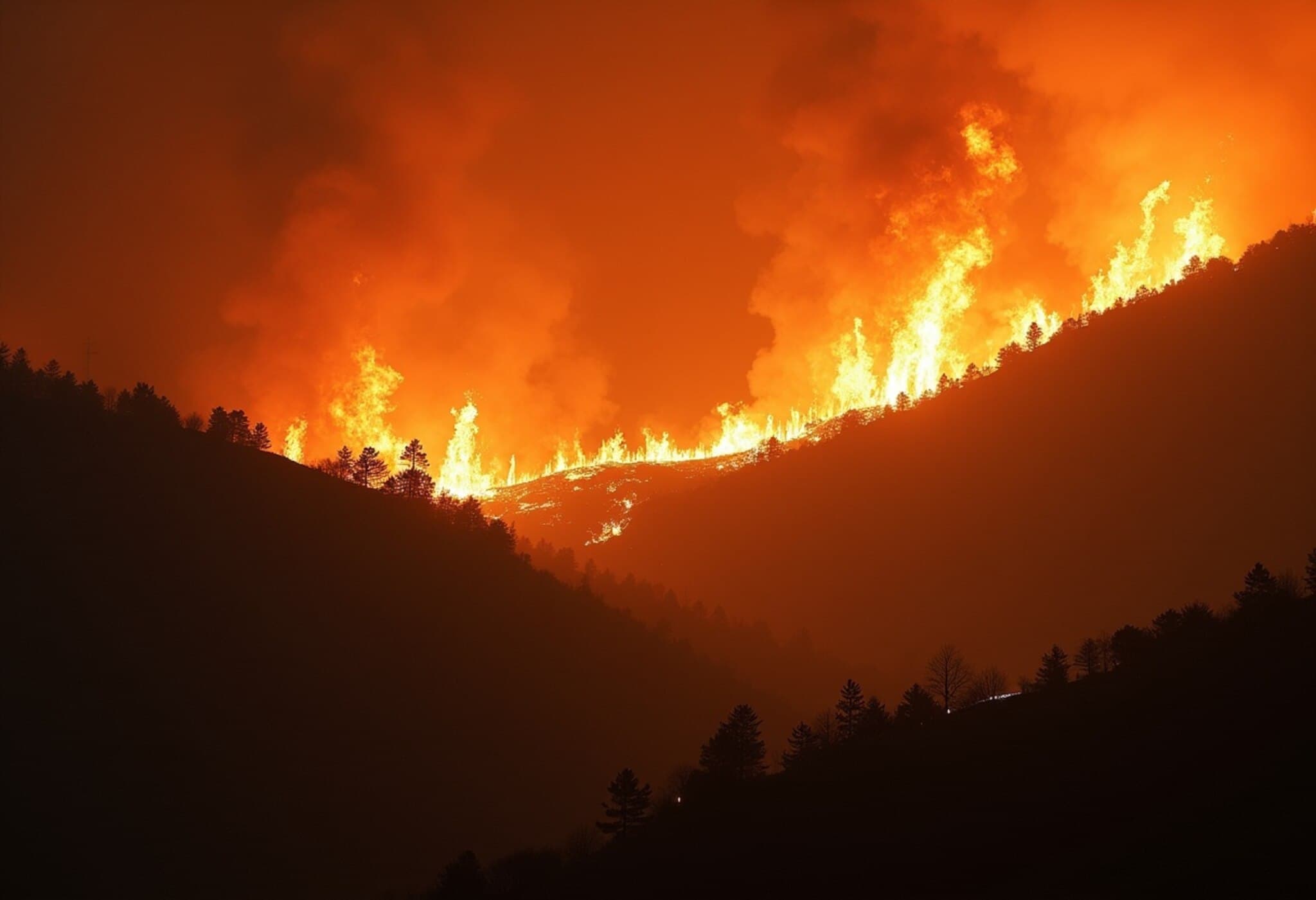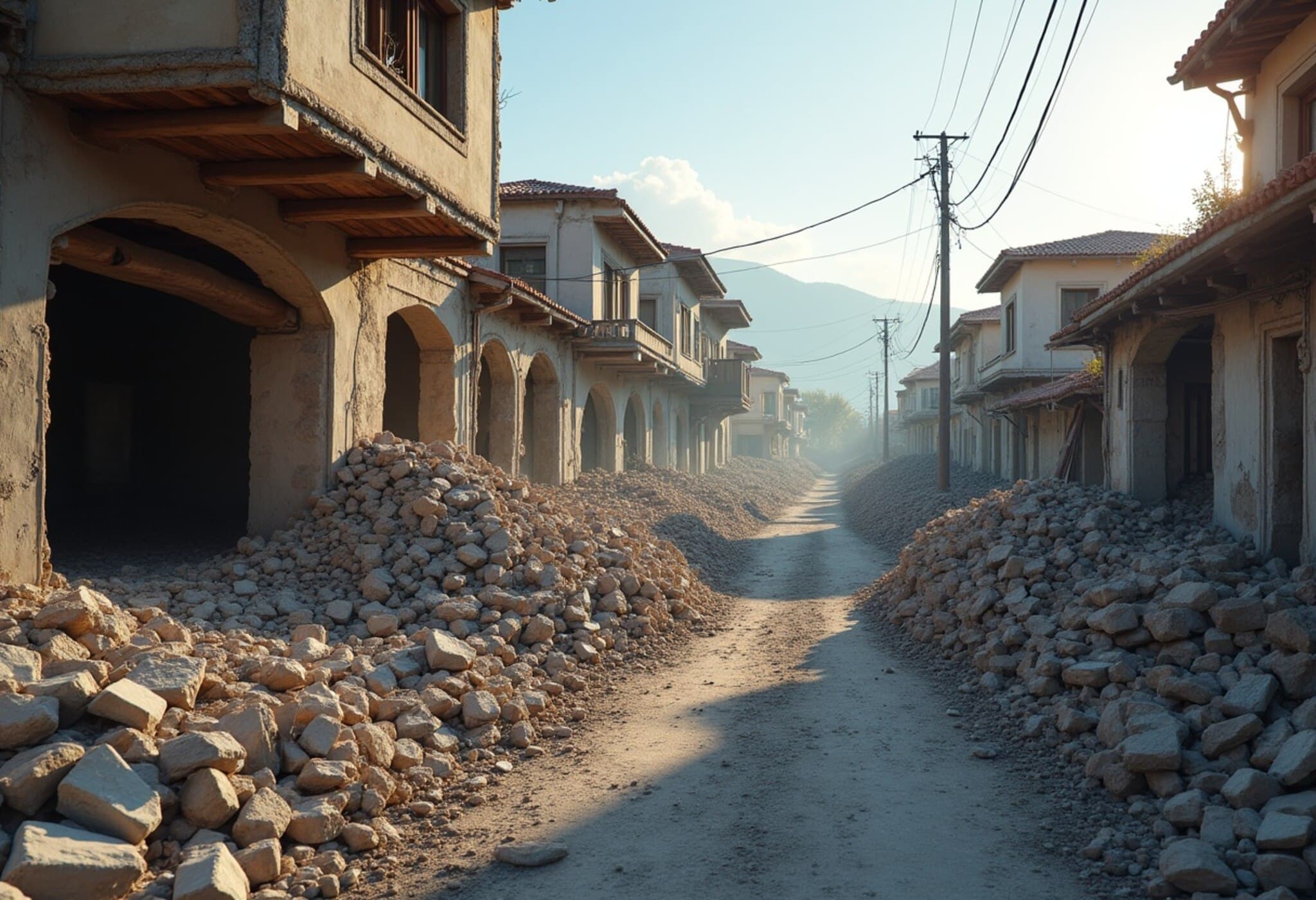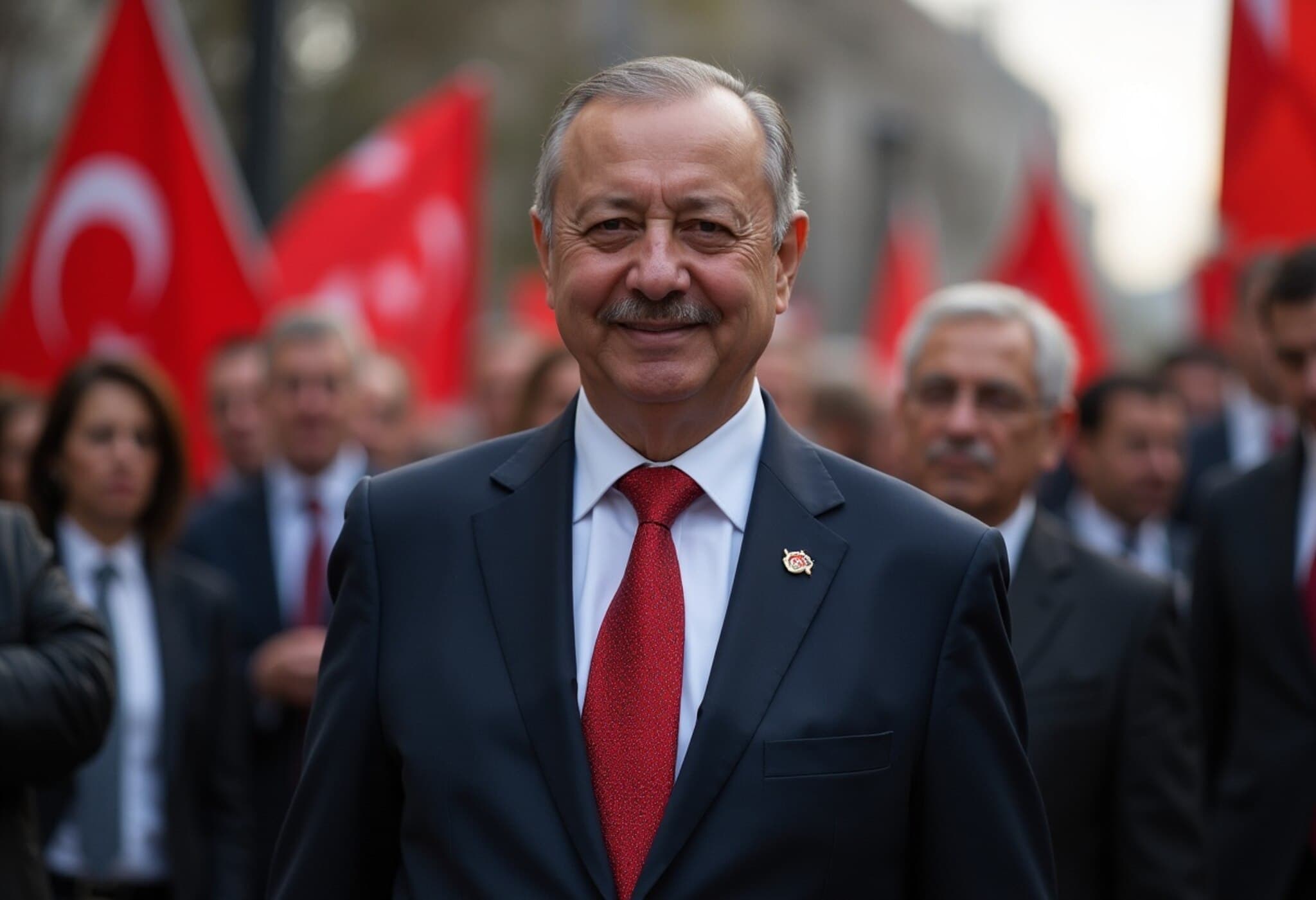July 2025 Records Third-Hottest Global Temperatures Amid Rising Climate Alarms
July 2025 emerged as Earth’s third-warmest July on record, according to the latest report from the European Union’s Copernicus Climate Change Service (C3S). Highlighting the continuing trend of rising global temperatures, Turkey experienced an unprecedented national heat record, soaring to 50.5°C (122.9°F)—a stark reminder of the escalating impact of climate change worldwide.
Global Temperature Trends Reflect Persistent Climate Crisis
While July 2025 doesn’t quite match the historic highs set in July 2023 (the warmest July on record) or July 2024 (the second hottest), the average global surface air temperature was still a significant 1.25°C above the 1850–1900 pre-industrial baseline. This metric underscores the lasting legacy of human industrial activity heating the planet.
C3S reported that July’s global average temperature was 16.68°C, which is about 0.45°C higher than the 1991–2020 average for that month. This slight moderation does not signal a reprieve from climate threats but rather a brief pause in an overarching warming trend aggravated by fossil fuel emissions.
Exceeding Climate Targets: A Harsh Reality
Notably, the 12-month period from August 2024 to July 2025 was found to be 1.53°C warmer than pre-industrial levels, surpassing the 1.5°C threshold established by the Paris Agreement aimed at limiting global warming. Experts emphasize this “temperature overshoot” as a dire warning: staying under 1.5°C may no longer be feasible without decisive global intervention.
Carlo Buontempo, director of C3S, cautioned, “Two years after the hottest July on record, the run of record-breaking global temperatures has taken a pause – for now. But climate change hasn’t stopped. We continue to witness its disturbing effects through extreme heatwaves and catastrophic flooding.”
Extreme Events and Their Human Toll
The record temperature in Turkey not only shattered previous national records but also poses severe health, environmental, and economic risks. Vulnerable communities face increased dangers—from heat exhaustion and wildfires to crop failures and strained energy systems.
Worldwide, 2024 was the warmest year ever recorded, driven largely by the prolific release of greenhouse gases from fossil fuel combustion. Despite ongoing international efforts, these emissions remain stubbornly high, fueling the planet’s relentless warming.
Context and Consequences: What Lies Ahead?
- Scientific consensus: Many experts now argue that the 1.5°C target is no longer achievable without rapid and deep cuts in CO2 emissions.
- Policy implications: Governments face increasing pressure to accelerate climate action, including transitioning to renewable energy, enhancing energy efficiency, and investing in resilience.
- Public awareness: Intensifying climate extremes must galvanize public demand for environmental justice and systemic change.
This latest data—drawing on temperature records dating back to 1940 and cross-referenced with global datasets reaching back to 1850—serves as a sobering snapshot of a planet in flux.
Editor’s Note
This report illustrates a critical inflection point in the global climate crisis: incremental differences in temperature are translating into more frequent and severe natural disasters with tangible consequences for human lives and economies. The temporary lull in breaking global temperature records should not breed complacency; instead, it underscores the urgent need for expanded climate policies and investments. As temperatures continue to hover above long-held safety limits, policymakers and citizens alike must confront tough questions: How fast can we realistically decarbonize? What infrastructure and social protections are required to shield the most vulnerable? And, fundamentally, how can we redefine development to harmonize with Earth’s fragile systems?
Understanding the gravity behind these figures transforms abstract statistics into a call for consciousness, action, and responsibility—from local communities to international summits.


